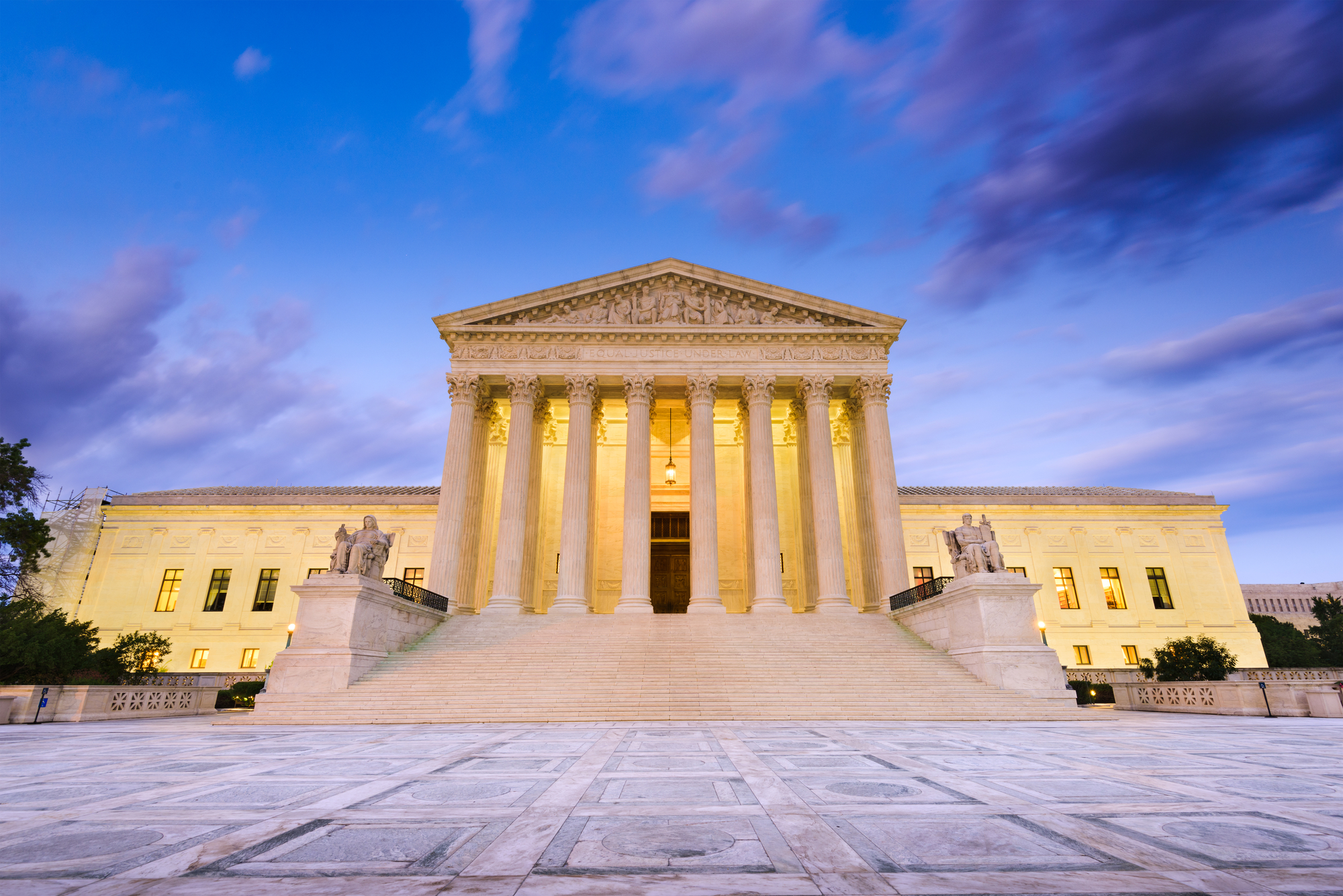Beyond the Bench: The Moliga v. Qdoba Case and the Importance of Pay Transparency Compliance
Last Updated on May 20, 2025
The Moliga v. Qdoba case is a landmark case that serves as a cautionary tale for employers nationwide. Moliga v. Qdoba Restaurant Corporation underscores the growing emphasis on pay transparency laws and highlights the risks of non-compliance with state-specific wage disclosure requirements. This lawsuit reinforces the need for businesses to stay ahead of evolving labor laws.
Update to Washington State Pay Transparency Laws as of 5/20/2025
Washington State has voted to amend its Equal Pay and Opportunities Act through Substitute Senate Bill 5408 to clarify employer obligations and ease compliance burdens- it is currently waiting on the Governor’s signature.
Key updates include allowing fixed salaries to be listed in job postings without a range, excluding unauthorized reposting’s from employer liability and providing a five-day correction window to fix non-compliant listings without penalty. These changes, expected to have an effective date of summer 2025, will be effective until July 27, 2027. They aim to reduce legal exposure while maintaining the core goal of promoting wage transparency.
Overview of the Moliga v. Qdoba Case
In June 2023, Destinee Moliga filed a class-action lawsuit against Qdoba, alleging that the restaurant chain violated Washington State’s Equal Pay and Opportunities Act (the Moliga v. Qdoba case). Moliga, representing herself and similarly affected job applicants, claimed that Qdoba failed to include required salary information in their job postings.
The lack of wage disclosure allegedly placed applicants at a disadvantage, as they were unable to make informed employment decisions and could have unknowingly accepted offers below fair market value. Specifically, the lawsuit claimed that Qdoba failed to disclose salary ranges and benefits in its job postings. This is a requirement under the state’s pay transparency law that took effect on January 1, 2023.
The law mandates that employers with 15 or more employees include a wage scale or salary range, along with a general description of benefits and other compensation, in all job postings. This regulation was enacted to promote wage equity and prevent employers from using vague compensation details. This regulation was aimed to eliminate pay disparities, particularly among women and minorities.
Qdoba initially attempted to move the case to federal court (arguing jurisdictional grounds), but later, agreed to settle. The class-action settlement, finalized in January 2024, amounted to $3.8 million. The settlement included:
- Compensation for job applicants who were affected by the company’s lack of pay transparency.
- Over $1 million allocated for attorneys’ fees and legal costs.
- A commitment from Qdoba to update its job postings and ensure full compliance with Washington’s pay transparency laws moving forward.
This outcome emphasizes the financial and reputational risks businesses face when they do not comply with wage transparency laws.
Additionally, the case highlights how quickly state regulators and employees are willing to act when violations occur. Since the law had only been in effect for a few months before the lawsuit was filed, it demonstrates that there is little to no grace period for compliance. Employers must be proactive rather than reactive when it comes to these legal changes.
Why the Moliga v. Qdoba Case Matters
The Moliga v. Qdoba case is a landmark in the fight for fair pay and workplace transparency. It illustrates several key takeaways for employers across the U.S.:
- Regulatory Scrutiny is Increasing – State agencies and individual plaintiffs are closely monitoring employer compliance with pay transparency laws. Violations can quickly lead to lawsuits.
- No Grace Period for Compliance – Since the lawsuit was filed just months after the law took effect, it shows that businesses cannot delay updating their hiring practices.
- Significant Financial and Reputational Risks – The $3.8 million settlement demonstrates that non-compliance can lead to substantial financial penalties and negative publicity.
- More States are Adopting Pay Transparency Laws – Beyond Washington, states like California, Colorado, and New York have implemented similar laws, and more are expected to follow.
The Growing Importance of Pay Transparency Compliance
Pay transparency laws are gaining momentum across the U.S. Multiple states are implementing requirements for employers to disclose salary information in job postings. These laws aim to reduce pay disparities, promote fair compensation practices and provide job seekers with critical information to make informed decisions.
For employers, failure to comply with these regulations can lead to costly litigation, financial penalties and reputational damage. The Moliga v. Qdoba case is a stark reminder that businesses must proactively review their job postings, hiring practices and compensation structures. The goal is to ensure full compliance with local and state regulations.
Furthermore, compliance with pay transparency laws can have broader benefits beyond avoiding penalties. Businesses that embrace transparency often experience improved employee satisfaction, stronger talent acquisition and a boost in employer branding. Candidates today expect companies to be upfront about salary expectations. Organizations that are not upfront about these expectations may struggle to attract top talent in competitive job markets.
How MyHRConcierge Can Help
Navigating the complexities of pay transparency laws can be challenging, but MyHRConcierge is here to help. Our team of HR compliance experts stays up to date with the latest employment regulations. MyHRConcierge helps to ensure your business remains compliant and protected.
The Moliga v. Qdoba case is a wake-up call for businesses everywhere. As pay transparency laws continue to evolve across the United States, businesses must adapt to the changing landscape. MyHRConcierge can help ease pains when it comes to compliance. For more information, contact MyHRConcierge at ccooley@myhrconcierge.com, 855-538-6947 ext. 108, or, schedule a free consultation:

